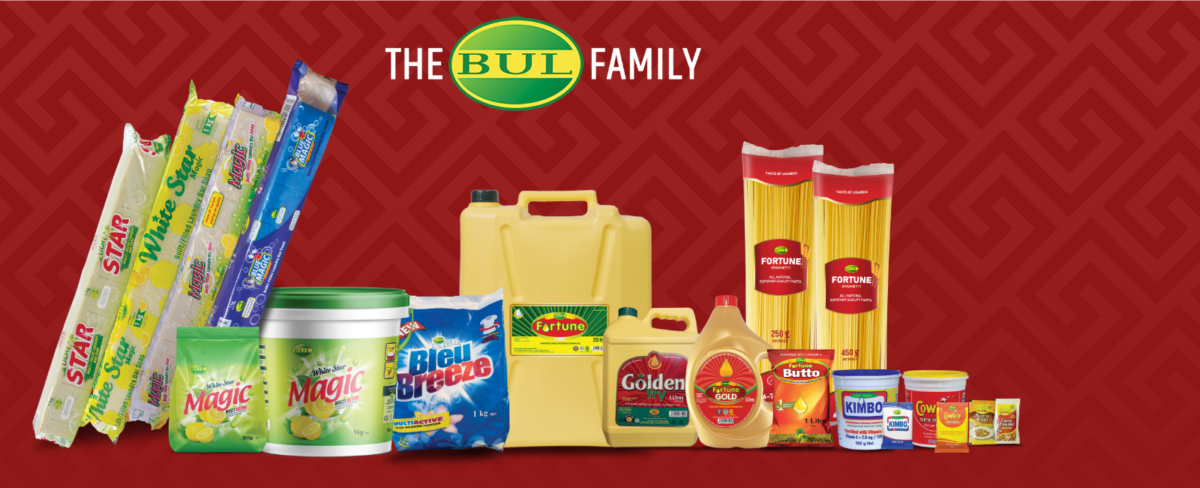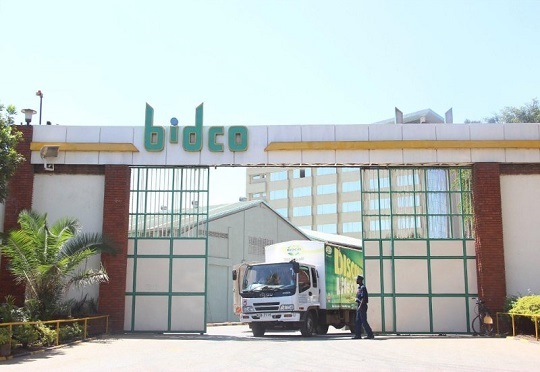When Vimal Shah and his older brother took their ambitious idea for manufacturing consumer goods to potential backers in 1985, they could not get a loan.
“Unilever will kill you,” one banker told them. Since then Unilever has sold several brands to them; and international rich lists put them top of the charts – most recently at $1.7bn – in Kenya , where they have built their business.
They aim to be market leader in household products such as detergents, soaps and cooking oils across Africa by 2030. “That’s something that’s stuck in my hard disk,” Shah, 63, told the Financial Times in 2014 of that disparaging remark almost 38 years ago.
Named after their father, BD Shah, who is now company chairman, Bidco is the result of a dream solution to a problem Vimal and his brother Tarun first identified as students in Nairobi.
Shah is now chief executive of the business, which turned over $800m in 2022. Their father, a first-generation Kenyan whose Indian father was a dhow boat trader sailing the route between his homeland and the African coast, had shut down a small clothing manufacturing business in 1980, after 10 years fraught with family wrangling.
The young brothers grew obsessed with developing comprehensive agricultural “value chains” from the old company’s main ingredient: cotton. They saw the futility of manufacturing cotton garments: credit-based sales took months to deliver income, passing fashions made “dead” stock impossible to shift and Asian synthetics imports were flooding a market eager for cheap, wrinkle-free alternatives.
But they became fascinated by the potential for farming cotton seeds. The fibre can be spun into thread, the seeds deliver animal feed, cooking oil and soap. Cash sales common to the sector also meant a quick turnover business, one that has ultimately made the Shahs their millions.
When no one would give them the big loan, they scaled the planned business down into easier stages. Instead of growing seeds at home, they shipped in oil from Malaysia but still in bigger bulk quantities than the local competition.
The $2.7m soap factory they built, financed 60 per cent by banks and the rest by family and friends, did well. When no one wanted to buy their new brands, including Kuku (Swahili for chicken) and Saba Saba (“Seven Seven”), they went round the country in a van, encouraging rural shopkeepers to stock their lines and taking money only when they sold. Soon their more aspirational product caught on.
“It wasn’t the real dark blue soap that people were used to,” say Shah. “We made it whiter and lighter; we put a slight perfume in it.” They since have moved further up the chain: creating oil-processing factories for cooking oils as well as soap; buying land or contracting farmers to produce ingredients; and making hundreds of brands for east Africa’s growing population of consumers.
“We have a product for every pocket,” says Shah. “Prince, minister, middleman, trader, common man.”

The company’s greatest coup, besides securing its first million, was navigating one of Africa’s biggest corruption scandals. Kenya claimed to be exporting gold that turned out not to exist so the currency crashed in 1992.
Bidco was heading for a crash, too: it owed $13m for a 1991 loan, which it was repaying at 16 Kenyan shillings to the dollar. When the shilling slumped to 30, Bidco decided to repay the loan in full at the new rate.
“It was agony,” says Mr Shah. “[But] we said: ‘Let’s just get out of it, because what if it goes even higher?’ It was the best decision we took, because thereafter the exchange rate went to 84 shillings. If we hadn’t taken that decision, we’d have been dead. And a lot of people did go under.”
Shah has not been to business school but he reads business management and philosophy books every day. The company long ago consulted experts in kaizen, the Japanese business philosophy of continuous improvement.
“You address a lot of waste – wasteful practices, wasteful habits,” says Shah, who computerised procedures in the late 1990s. Workers check in with biometric technology; production statistics are recorded on a digital scoreboard.
“We don’t audit, audit, audit, audit. Because if I have to check on you every single time, why do I have you there?” says Shah.
“In companies the biggest problem is people hide information from others or they manipulate information to suit themselves. But nobody writes reports here – they are generated by the system, real-time, online. Good news, bad news, it’s on the system.”
Still, he says, this is no place for automatons. Workers and management eat together. Shah has no secretary, which means he must be one of the world’s most accessible CEOs.
Shah is thoughtful, charismatic and at ease with himself. He and his brother, both of whose families live in the same compound, do not compete, he says. It is just that he is better suited to “extrovert front office” while his “introvert” brother stays low profile. “We fit like a glove in that sense. He handles today; I handle tomorrow,” he says
Their father, at 91, is always around, working in his new office. “To him it’s very clear. Retirement means: ‘waiting for my funeral’. He doesn’t want to retire, ever.”
Inheritance, says Shah, who has a 15-year-old son, is not part of his motivation. The feeling that they are all “channels” for, and trustees of, wealth rather than accumulators is core for the family, who follow Jainism. And, he says, he is mindful that children of the wealthy often lack the fire that propelled their parents from zero.

His cousin was killed in the terrorist attack on Westgate shopping mall during a Bidco cooking competition for children, a painful reminder of the insignificance of the material. But ambition is something else altogether.
When Unilever sold several lines in 2002, Bidco – then third in the market – outbid rivals to buy four brands of cooking fats and soaps.
“The person with the fire in the belly gets it,” says Shah. That fire still burns.
Shah, who says wealth ratings vastly overestimate Bidco’s value, nevertheless believes more growth is coming. He wants to list the company in London, not Kenya:
“We still see more growth in Africa, and we’ll take the whole of Africa,” he says.
